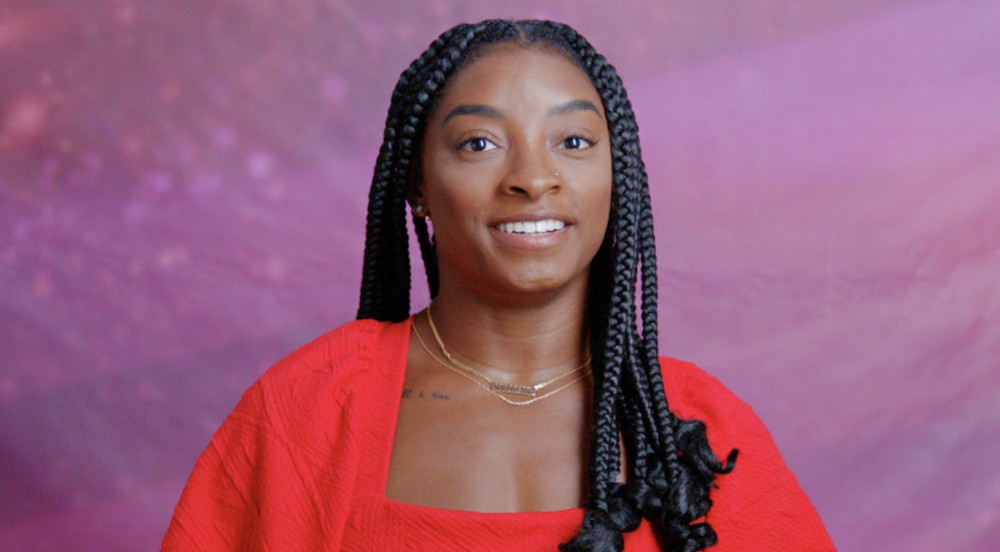Tennis star Naomi Osaka and Olympic gymnast Simone Biles were part of the movement in 2021 by athletes to amplify the need to pay closer attention to mental health issues which have inspired millions of athletes on all levels of play.
The conversations that tend to flow so easily these days around athletes and mental health, didn’t begin in 2021. But this year more than any other, proved to be a game-changer in the discourse around an issue that for far too long was a taboo topic.
This time of year, we are inundated with “best of...” lists that pay homage to what stood out this past year in the world. But when it comes to sports, the increased role that mental health plays in the lives of athletes on all levels, from preps to the pro ranks, has stood out prominently.
And those conversations are not going to die down, anytime soon.
That’s because the more we talk about it, its value to the success of athletes becomes more apparent with each passing day. One of the first misnomers wiped out in 2021 when it comes to mental health, is that great athletes are immune to it.
Naomi Osaka established herself as a force in the world of tennis, putting the entire game on notice when she knocked off Serena Williams in an emotionally-charged 2018 U.S. Open final. It was the crowning achievement of her career at that point, a moment in which she was sadly moved to tears by the fans whose booing was undeniable, shortly after Osaka’s first-ever Grand Slam title.
The emotional damage of that moment has lingered on for Osaka, resulting in her taking breaks from the game and citing the need to address her mental health issues as the reason.
Simone Biles, one of the most decorated Olympic gymnasts ever, opened up about her mental health challenges during the 2020 Tokyo Olympics which like Osaka, involved her deciding to pull out of events to address issues related to her mental health.
While there may be some willing to debate the merits of their decision, what’s not up for discussion anymore is the importance of, at a minimum, acknowledging mental health as something athletes are more inclined to address now.
In past years, just the thought of an athlete admitting that they’re having mental health issues was universally seen as a weakness—that’s no longer the case now. However, like most of the shortcomings and ills of society, there’s still a segment of folks whose views on mental health among athletes remain antiquated.
When Dallas Cowboys quarterback Dak Prescott acknowledged his depression following the suicide of his brother Jace in April of 2020, there were a number of folks via social media as well as Fox Sports Commentator Skip Bayless that viewed Prescott opening up about his own mental health issues as a “weakness” and would negatively impact his ability to lead the team.
“I don’t have sympathy with him going public that, ‘I got depressed,’” Bayless said. “I suffered depression early in COVID to the point that I couldn’t even go work out. Look, he’s the quarterback of America’s team. You know and I know, this sport that you play, it is dog eat dog. It is no compassion. No quarter given on the football field."
Bayless added, “If you reveal publicly any little weakness, it can affect your team’s ability to believe in you in the toughest spots and it definitely could encourage others on the other side to come after you."
It can also reveal a level of transparency and openness that actually better connects teammates who, truthfully, may likely be trying to navigate successfully through similar mental health issues and concerns and not realize that their journey is not one that they have to take alone.
Whether you agree with the role that mental health plays in the lives and decisions of athletes, is totally missing the point. The fact that we are having these conversations to address a problem that so many athletes were either ashamed to own up to, or embarrassed to talk about, is progress.
If there was a face for athletes and handling mental health issues, in 2021 it would have been Naomi Osaka. Her decision to pull out of the French Open this year citing concerns for her mental health certainly had its share of supporters and naysayers. Whether you agreed or not, once again it sparked conversations about mental health, its impact on athletes, and what role if any does the media play in all this.
Those are conversations worth having, knowing they move the topic further down the road of discussion with the finish line hopefully being some form of resolution.
And that makes mental health conversations a game-changer as well as one of the few things we can take away from 2021 and feel good about going forward.













